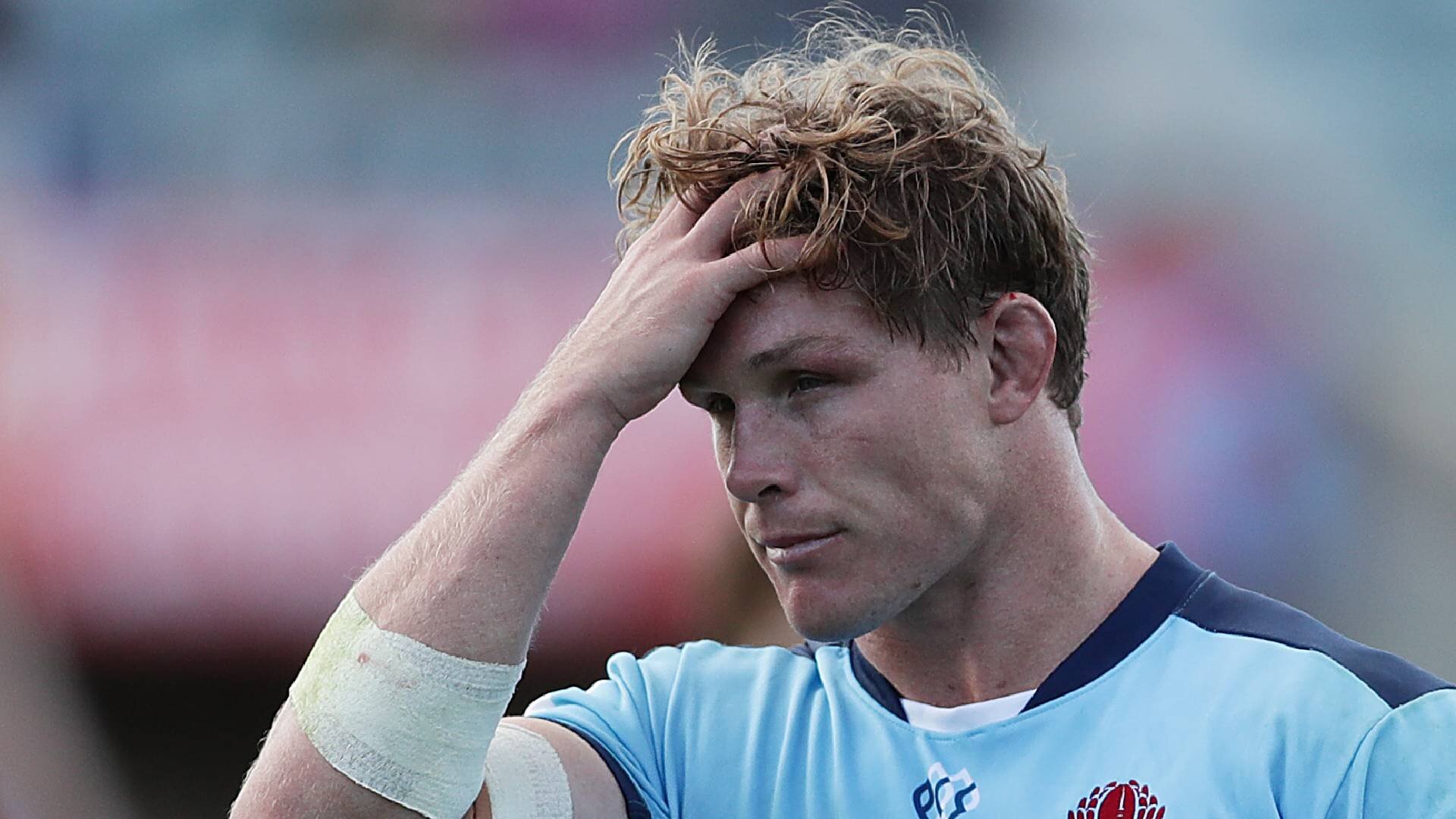Rugby Australia advised to ditch focus on Super Rugby following revelation of 'devastating' figures

A prominent Australian sports consultancy group has recommended that Rugby Australia should opt out of Super Rugby in its current form.
Gemba Group has previously advised New Zealand Rugby on strategies to arrest declines in Super Rugby attendances, but has now made the bold statement that Australian fans just aren’t interested in the tournament enough to justify its current place in Rugby Australia’s priorities.
A devastating set of statistics underlay the advice, highlighted by a 43 per cent drop in the average Super Rugby audience since 2013. Within that figure, Australians aged 16-39 have recorded a 73 per cent decline.
The group’s research also concluded that rugby union is the ninth most popular sport in the Australian market, compared to first place in New Zealand and third in South Africa, behind cricket and football.
“From where we’re coming from at the moment we think the SANZAAR model is massively problematic and COVID-19 has laid that bare a little,” Rob Mills, the consultancy’s chief executive and founder, told the Sydney Morning Herald.
The report recommended that Rugby Australia should move its focus from Super Rugby to instead rebuild its domestic game, where traditional rivalries still appeal to fans. Super Rugby can then act as a champions-league style tournament at the end of the season.
“Where we’re landing from all the fan engagement data, is that we think that you go back to a domestic-only competition with promotion-relegation and a representative season at the end of it. That is the model that will engage fans most and go back to the core of where Australia’s strength is.
“If you say the strength of the sport here is in the club games of NSW and Queensland, then that’s where you go. Invest back in those leagues.
“They become the premier rugby competition in Australia with nothing above it meaning, instantly, your best players are in it. There is a heritage and history there and we know that what works is emotional rivalries and tribalism, as well as a clear geographic identity of where teams come from.”
The report also speculates that a change is needed to arrest the steadily declining competitiveness of the Wallabies. It says the UK’s Premiership club competition is a worthy model to follow that can result in a thriving national side.
“The game needs to have the discussion about what will feed better test performance for the Wallabies. What’s interesting is that when Super Rugby was 12 teams in 1996-2005 the win rate was 68 per cent. In the 2016 to 2019 period it dropped to 45 per cent,” Mills said.
“Super Rugby structure is not the only reason for that [decline] but we would argue it shows it’s not giving us the benefit we thought it might once have done.
“One argument about the UK model is that a broadening of the depth of professional players can also drive better test performance. If you had a scenario where you saw private money focused on creating a really vibrant, results-driven club system you could then have Rugby Australia focused on pathways and Wallabies, as a traditional governing body does around the world.”

























